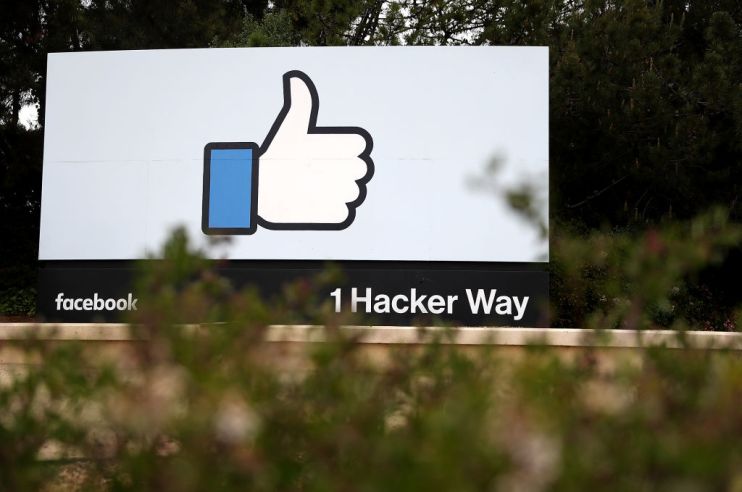Advertising boycott dents Facebook shares as campaign gathers steam

Facebook is facing another day of difficulty on Wall Street, as investors baulk at the growing list of major companies boycotting advertising on its platform.
Shares in the tech giant plunged more than eight per cent last Friday, as top advertisers paused ad buying on the platform over concerns about misinformation and hate speech.
As markets opened this afternoon, its share price dropped as much as 2.8 per cent before trimming losses.
New policies introduced by Facebook on Friday failed to appease its clients, with Starbucks, Coca-Cola and Diageo among those to join the campaign.
Fan site Patreon also joined the boycott today, saying it would remove all advertising from the tech giant and its sister app Instagram “until significant action is taken by Facebook”.
More than 160 advertisers have signed up to pause advertising on Facebook for between one month and six months, with some also halting spending on other social media sites such as Twitter.
Facebook chief Mark Zuckerberg revealed on Friday the platform would be more clear about how it defines hate speech, and prohibit any adverts that feature such language.
He added that Facebook would label posts that break its rules, but would keep those posts public to protect freedom of speech, in line with its policy for political advertisements.
Some of the major brands involved in the campaign or taking similar actions so far include:
- Unilever
- Verizon
- Coca-Cola
- Birchbox
- Diageo
- Levi’s
- Starbucks
- Lululemon
- Honda US
- The North Face
- Patagonia
“The financial impact of a few advertisers, even big ones like Unilever and Coca-Cola pulling spending on Facebook’s $70bn annual haul will be minimal,” said Jasper Lawler, head of research at London Capital Group.
“Investors will just be mindful of any kind of snowball effect.”
Organisers of the Stop Hate for Profit campaign told Reuters today they would now turn their gaze to European companies to join the boycott.
“The next frontier is global pressure,” said Jim Steyer, chief executive of Common Sense Media.
It follows the debut of new guidelines by the European Commission earlier this month for tech companies including Facebook to submit monthly reports on how they are handling coronavirus misinformation.